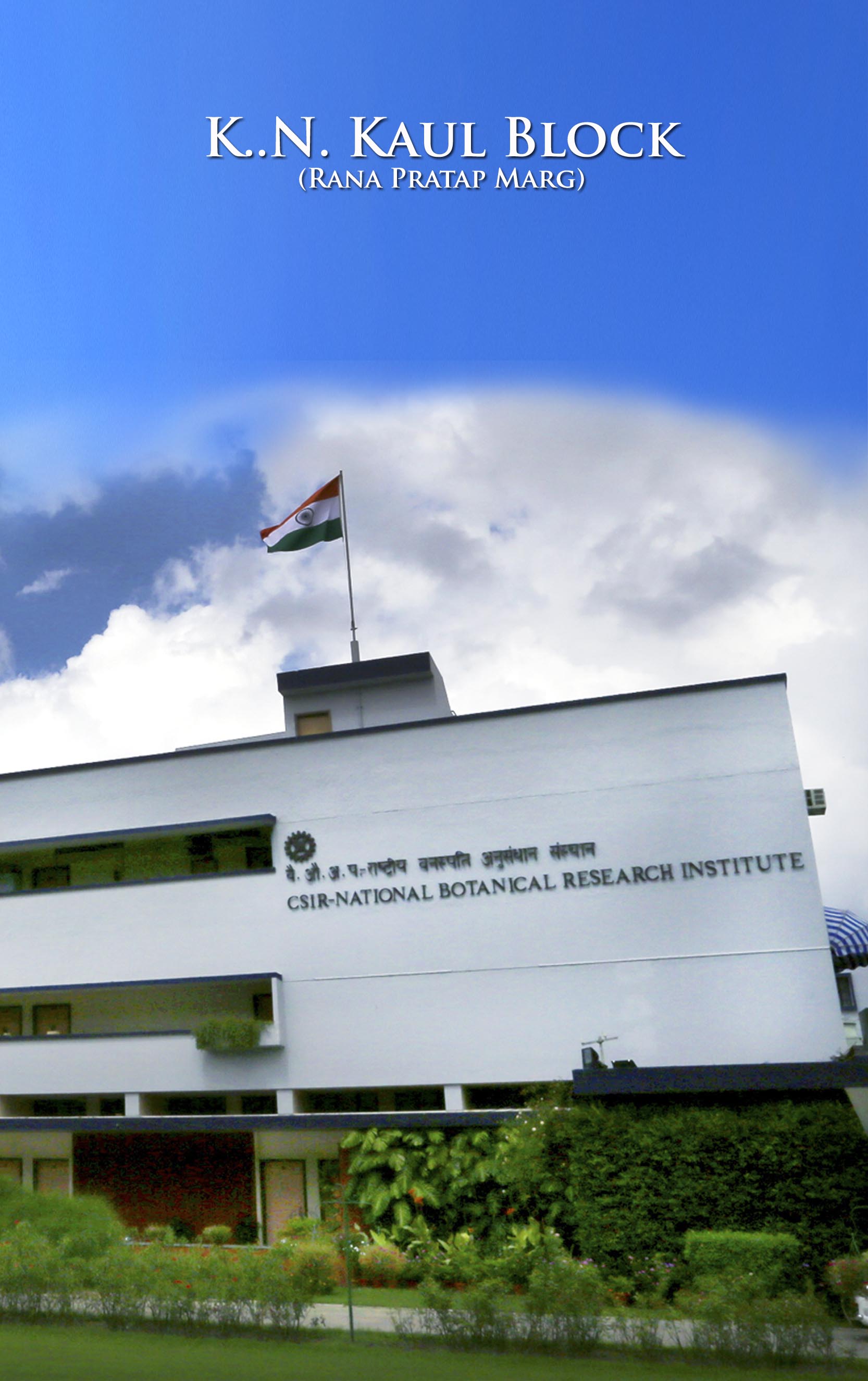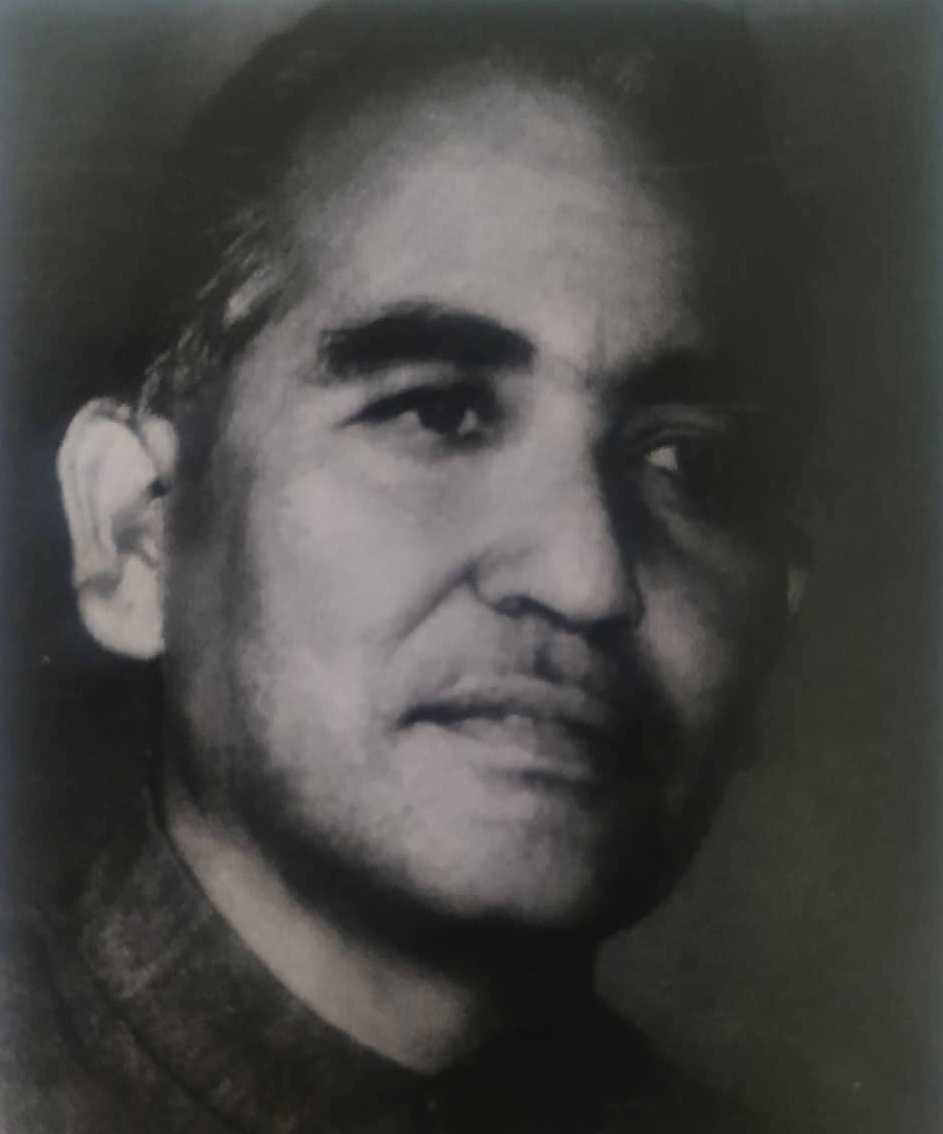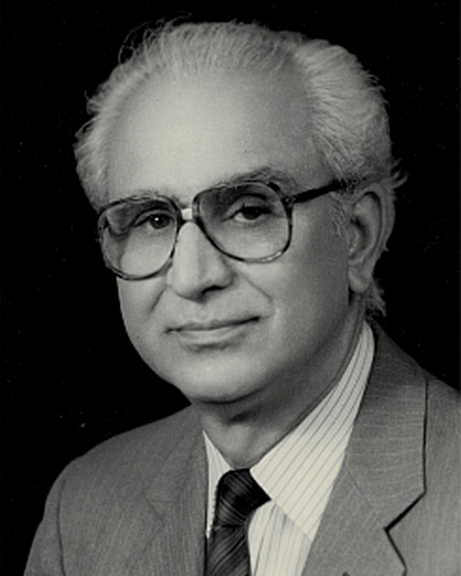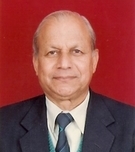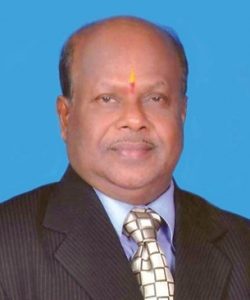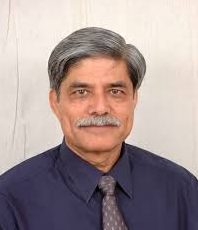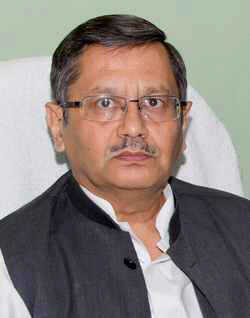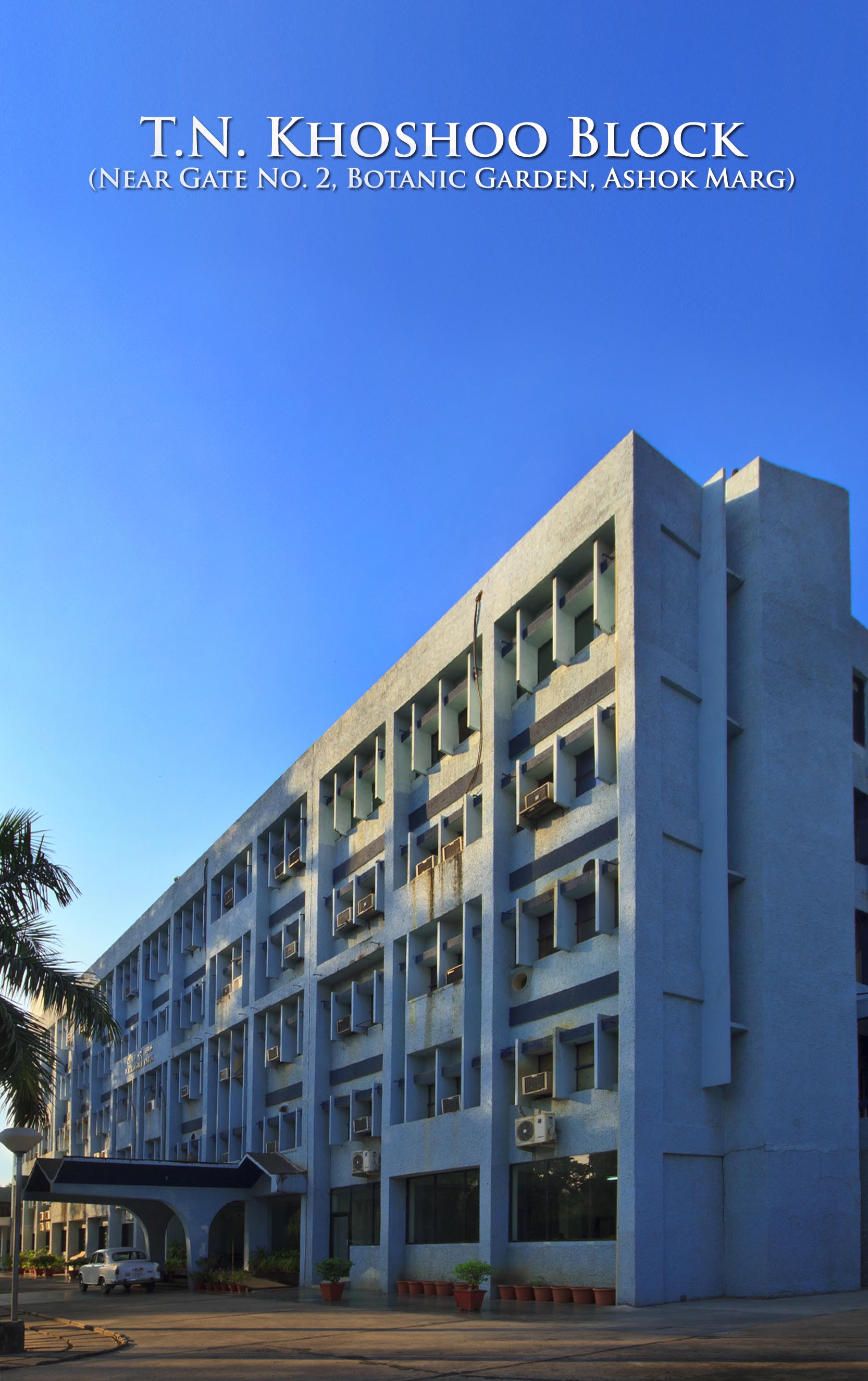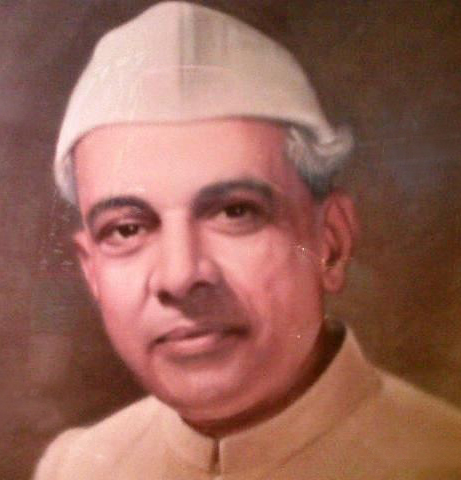
Prof. K.N. Kaul, the Founder Director, had a vision that then National Botanic Garden (NBG) should be developed into an 'active centre of basic as well as applied research on plants, their conservation and education to people including children'; something on the pattern of Royal Botanic Garden, Kew, UK. His major focus was on taxonomy, horticulture, phytochemistry and pharmacognosy. When CSIR adopted it in 1953, it provided a meagre budget of Rs 5 lakhs. Prof. Kaul organized the Botanic Garden in an area of 72 acres for horticultural research. He carried out several expeditions for documentation and collection of plant germplasm of the country and introduced several unique plant species into the botanic garden and developed a large Herbarium for collections of plant specimens. He also established the basic infrastructure including the laboratory-cum-office complex earlier named as 'New Building' (now renamed as K.N. Kaul Block in his honour). He also created various other infrastructure and facilities in the garden including a guest house. He established three field stations at Banthra (near Lucknow), Bangalore and Darjeeling during his tenure. In recognition of his remarkable achievements, the U.P. Government, in 1956, transferred 150 acres of 'usar' land in Banthra, about 21 km from Lucknow, on the Lucknow-Kanpur Road, to the National Botanic Gardens for the establishment of a nursery and a research farm. Because of its high alkali content this land had never been used before for cultivation. Under the leadership of Prof. Kaul, and senior scientists like Virendra Chnadra and Dr. G.S. Srivastava and others, an operational centre could be set up on a barren land like the one in Banthra.
Tenure: 1953-1965
